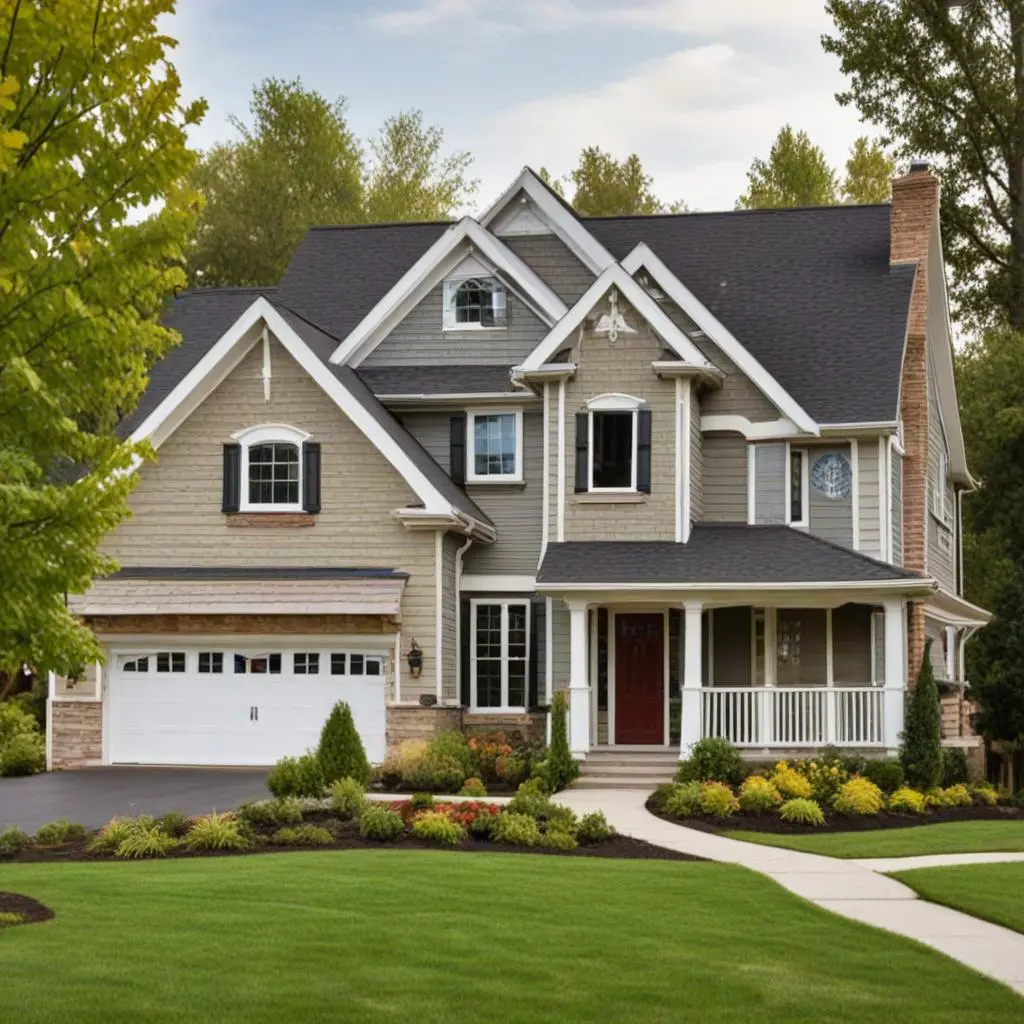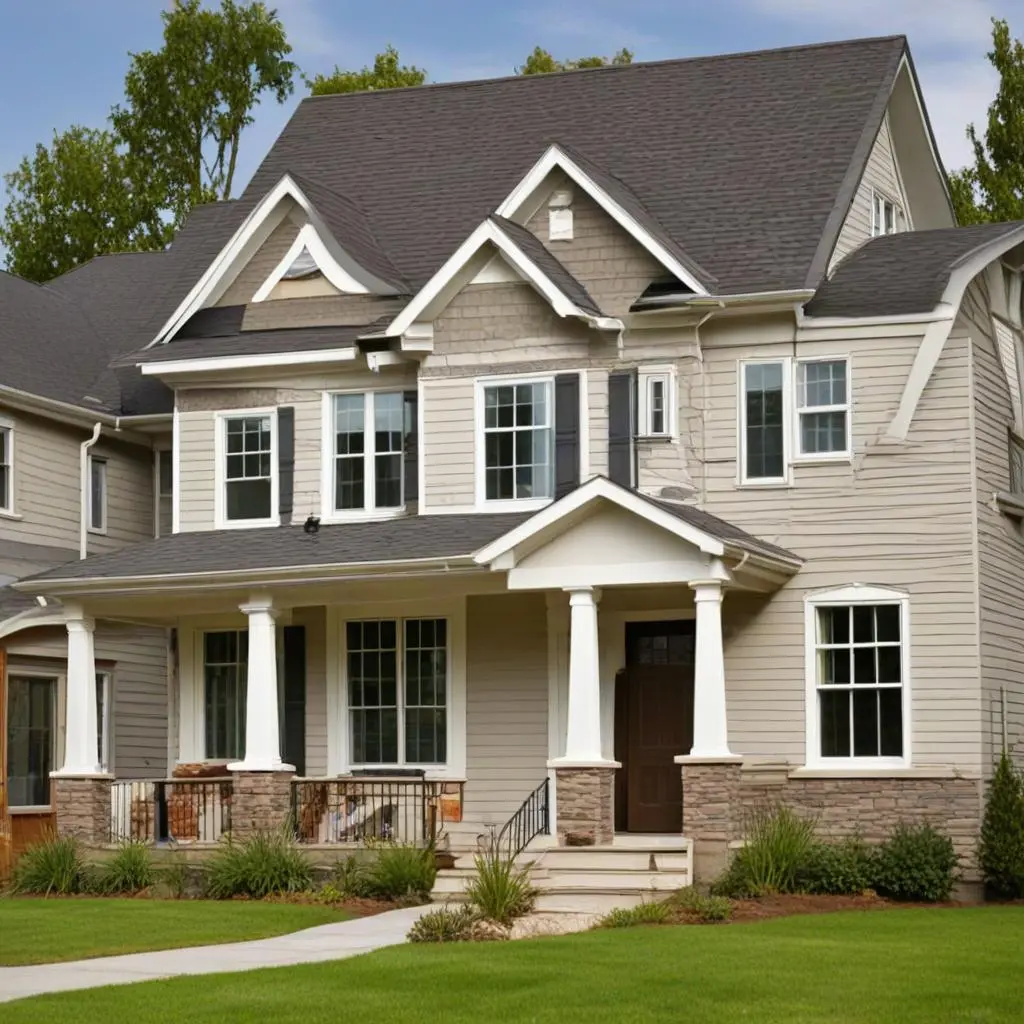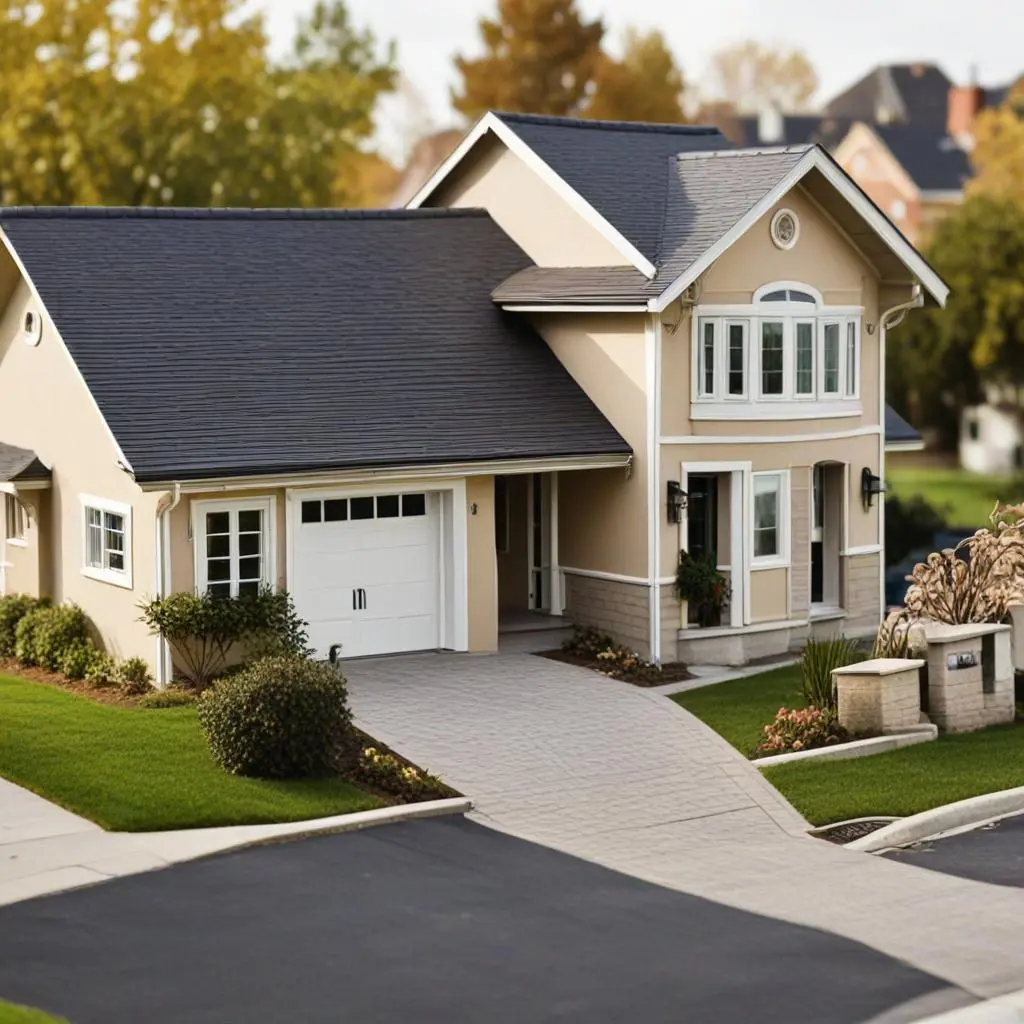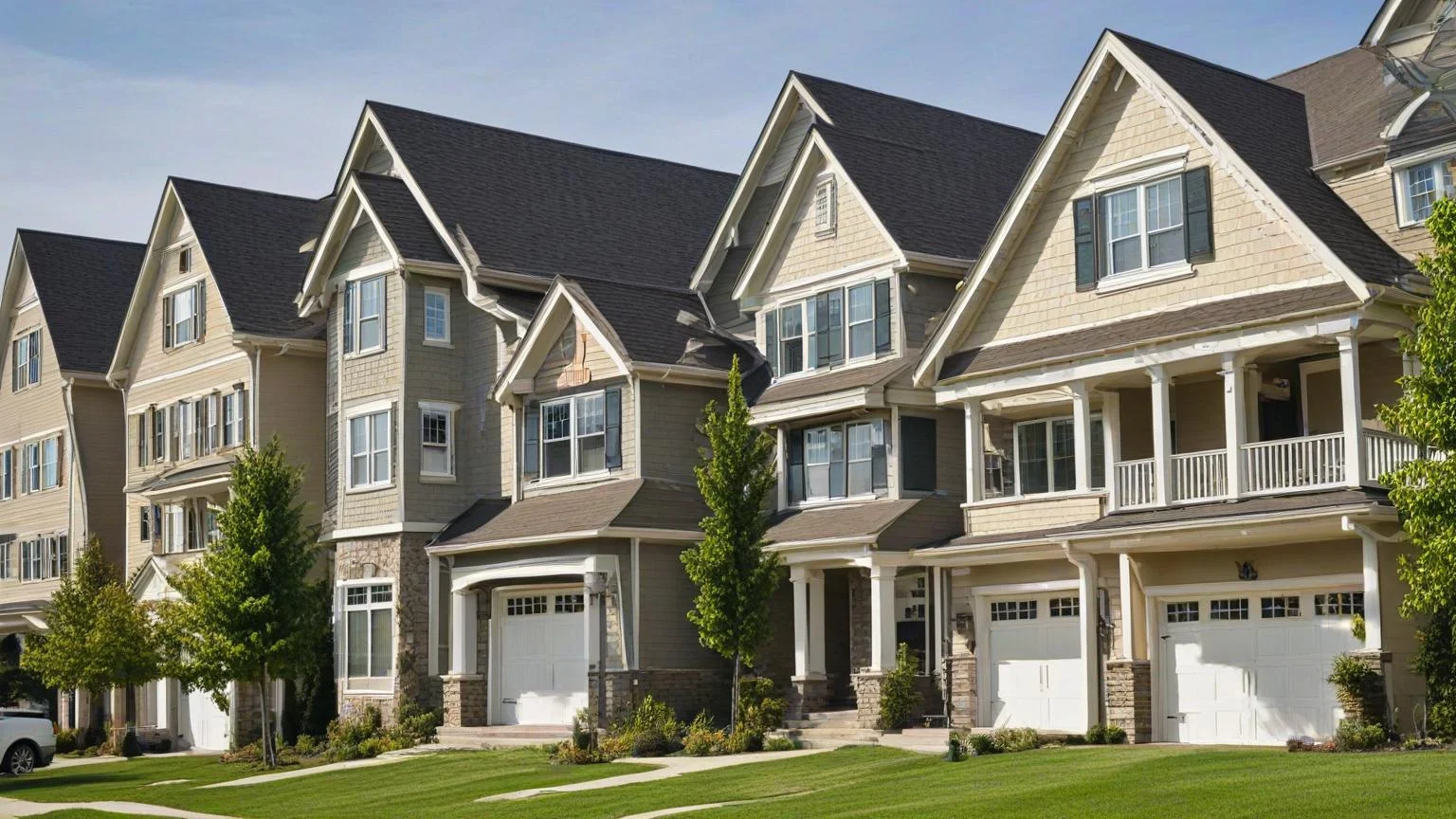Choosing the right mortgage is a critical step in the home-buying process. With various options available, understanding the pros and cons of each type can help you make an informed decision that best suits your financial situation and long-term goals.
In this comprehensive guide, we will explore the three main types of mortgages, delve into six common mortgage types, and address which options might be the best for different homeowners.
What are the Three Main Types of Mortgages?
- Fixed-Rate Mortgages (FRMs)
- Adjustable-Rate Mortgages (ARMs)
- Interest-Only Mortgages
Fixed-Rate Mortgages (FRMs)
Pros:
- Predictable Payments: With a fixed-rate mortgage, your monthly principal and interest payments remain the same throughout the loan term, making budgeting easier.
- Long-Term Stability: FRMs provide financial stability and protection against interest rate fluctuations.
Cons:
- Higher Initial Rates: Fixed-rate mortgages typically have higher initial interest rates compared to ARMs.
- Less Flexibility: If interest rates fall, you won’t benefit unless you refinance, which can incur additional costs.
Adjustable-Rate Mortgages (ARMs)
Pros:
- Lower Initial Rates: ARMs often start with lower interest rates, making them attractive for borrowers who plan to move or refinance before the rate adjusts.
- Potential for Decreasing Rates: If interest rates decline, your payments may decrease during the adjustable period.
Cons:
- Unpredictable Payments: After the initial fixed period, the interest rate can fluctuate, leading to potentially higher monthly payments.
- Complex Terms: ARMs come with more complex terms and conditions, which can be confusing for some borrowers.
Interest-Only Mortgages
Pros:
- Lower Initial Payments: During the interest-only period, your monthly payments are lower because you are only paying the interest.
- Flexibility: This type of mortgage can be beneficial for those with irregular income or those who expect a significant increase in income in the future.
Cons:
- No Equity Build-Up: Since you’re not paying down the principal during the interest-only period, you’re not building equity in your home.
- Higher Future Payments: Once the interest-only period ends, your payments will increase substantially as you start paying down the principal.

What are the Six Types of Mortgages?
- Conventional Mortgages
- FHA Loans
- VA Loans
- USDA Loans
- Jumbo Loans
- Balloon Mortgages
Conventional Mortgages
Pros:
- Flexibility: Conventional loans can be used for various property types, including primary residences, second homes, and investment properties.
- Competitive Rates: For borrowers with good credit, conventional loans often offer competitive interest rates and terms.
Cons:
- Stricter Requirements: Conventional loans typically require a higher credit score and a larger down payment compared to government-backed loans.
- Private Mortgage Insurance (PMI): If you put down less than 20%, you’ll likely need to pay PMI, which increases your monthly costs.
FHA Loans
Pros:
- Lower Down Payments: FHA loans require a down payment as low as 3.5%, making them accessible to first-time homebuyers.
- Easier Qualification: These loans are designed for borrowers with lower credit scores and higher debt-to-income ratios.
Cons:
- Mortgage Insurance Premiums (MIP): FHA loans require both an upfront and annual MIP, which can add to the cost of the loan.
- Property Standards: FHA loans have strict property standards, which may limit your choice of homes.
VA Loans
Pros:
- No Down Payment: Eligible veterans and active-duty service members can obtain a VA loan without a down payment.
- No PMI: VA loans do not require private mortgage insurance, which lowers the monthly cost.
Cons:
- Funding Fee: VA loans require a funding fee, which can be financed into the loan but adds to the overall cost.
- Eligibility: Only available to eligible veterans, active-duty service members, and certain members of the National Guard and Reserves.
USDA Loans
Pros:
- No Down Payment: USDA loans offer 100% financing for eligible rural and suburban homebuyers.
- Low Mortgage Insurance: USDA loans have lower mortgage insurance rates compared to FHA loans.
Cons:
- Geographic Restrictions: USDA loans are only available in designated rural and suburban areas.
- Income Limits: There are income eligibility limits, which may exclude higher-earning borrowers.
Jumbo Loans
Pros:
- Higher Loan Limits: Jumbo loans allow you to finance more expensive properties that exceed conforming loan limits.
- Competitive Rates: For borrowers with excellent credit, jumbo loans can offer competitive interest rates.
Cons:
- Stricter Requirements: Jumbo loans have stricter credit, income, and down payment requirements.
- Higher Interest Rates: These loans often come with higher interest rates and fees due to the increased risk for lenders.
Balloon Mortgages
Pros:
- Lower Initial Payments: Balloon mortgages can offer lower initial payments, making them attractive for short-term financing needs.
- Refinancing Options: If you plan to sell or refinance before the balloon payment is due, this type of mortgage can be beneficial.
Cons:
- Large Final Payment: At the end of the loan term, you’ll owe a large balloon payment, which can be financially challenging.
- Risk of Foreclosure: If you’re unable to make the balloon payment or refinance, you risk losing your home.

What is the Best Choice for a Mortgage?
The best choice for a mortgage depends on your financial situation, goals, and preferences. Here are some considerations for choosing the right mortgage:
- Fixed-Rate vs. Adjustable-Rate: If you value stability and plan to stay in your home for a long time, a fixed-rate mortgage might be best. If you anticipate moving or refinancing within a few years, an adjustable-rate mortgage could save you money initially.
- Down Payment and Credit Score: Consider your down payment and credit score. Conventional loans might offer better rates for those with higher credit scores and larger down payments, while FHA and VA loans are more accessible for those with lower scores and smaller down payments.
- Loan Term: Think about how long you plan to stay in the home. A shorter loan term (such as a 15-year fixed-rate mortgage) can save you money on interest but comes with higher monthly payments.
What is the Best Type of Mortgage for Most Homeowners?
For many homeowners, a 30-year fixed-rate mortgage is the best choice. Here’s why:
- Predictable Payments: The fixed-rate nature of this mortgage provides stability and predictability, making it easier to budget over the long term.
- Affordability: The longer term spreads out the loan payments, resulting in lower monthly payments compared to shorter-term loans.
- Flexibility: Even if interest rates drop, you can refinance to a lower rate, taking advantage of market conditions without the risk of your payments increasing.
However, it’s essential to evaluate your unique financial situation and goals. For first-time homebuyers with limited funds for a down payment, an FHA loan might be more appropriate. For veterans, a VA loan could offer the best terms without requiring a down payment.
Conclusion
Understanding the different types of mortgages and their pros and cons is crucial for making an informed decision. Whether you choose a fixed-rate, adjustable-rate, or interest-only mortgage, or opt for a conventional, FHA, VA, USDA, jumbo, or balloon loan, the key is to align your choice with your financial situation, future plans, and risk tolerance.By carefully evaluating your options, you can secure a mortgage that best supports your path to homeownership.




